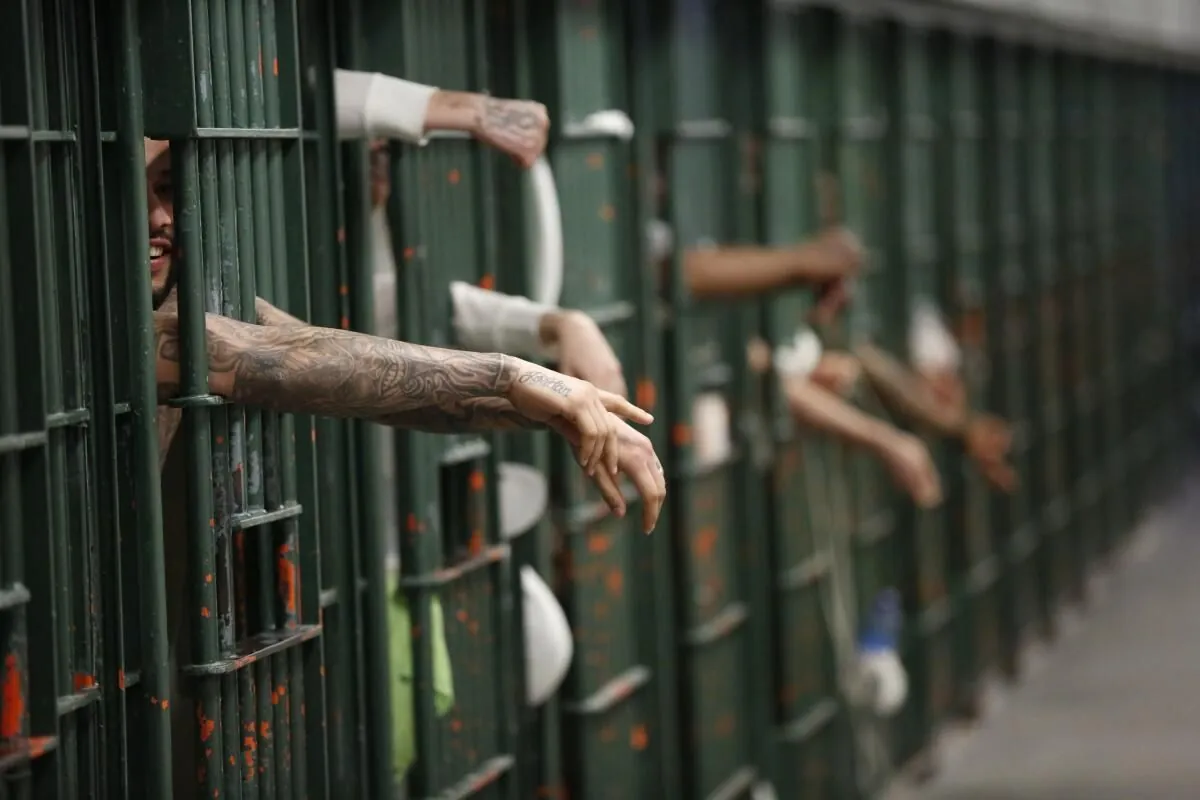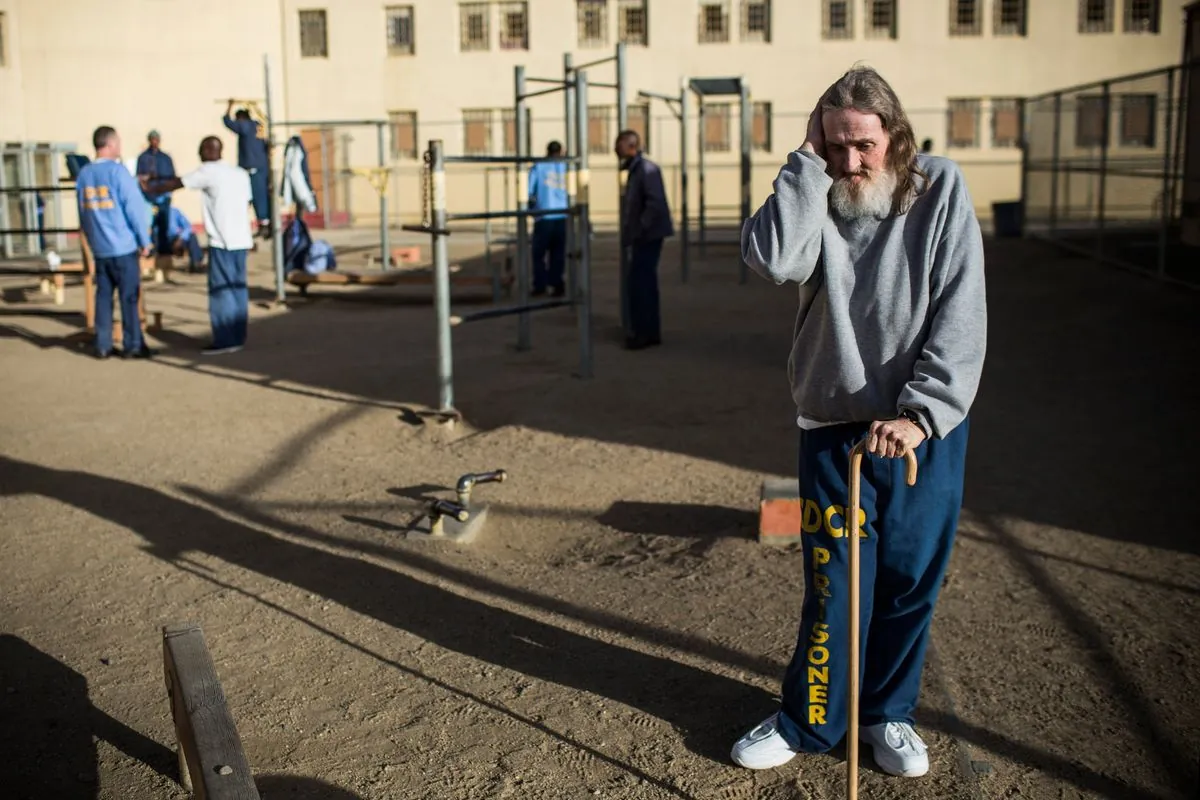78-Year-Old Inmate's Clemency Hope: A Legal Loophole's Unintended Consequence
Michael Montalvo, imprisoned for 37 years, faces a legal quirk barring compassionate release. His case highlights the plight of pre-1987 inmates, sparking debate on clemency and prison reform.

Michael Montalvo, a 78-year-old Vietnam War veteran, finds himself in an unusual predicament after serving 37 years in federal prison. Despite earning a law degree and assisting fellow inmates with compassionate release applications, Montalvo himself is ineligible for this program due to a legal technicality.
Montalvo's situation stems from his conviction for leading a non-violent drug enterprise in California. Under current sentencing guidelines, his offense would likely result in a less severe punishment. However, he was sentenced to life without parole under the pre-1987 federal parole system.
The abolition of the federal parole system in November 1987 created an unintended consequence for inmates like Montalvo. When Congress amended the law in 2018 to facilitate compassionate release for aging or ill federal inmates, it inadvertently excluded those incarcerated under the earlier system.

This oversight affects an estimated 100 to 400 federal inmates, according to Berkeley Law professor Charles Weisselberg. These individuals, many now elderly, face limited options for release: presidential clemency or death.
"Mr. Montalvo poses no danger to society. Clemency is the only remedy available to correct his sentence."
Montalvo's case is part of a broader issue facing the U.S. criminal justice system. The federal prison population has increased by over 700% since 1980, with the average age of inmates steadily rising. Incarcerating elderly inmates is estimated to cost two to three times more than younger prisoners, raising questions about the efficacy of long-term sentences for non-violent offenses.
Efforts to address this issue through legislation have been unsuccessful. In 2021, Senators Dick Durbin and Charles Grassley introduced the Safer Detention Act, but it failed to pass. This leaves presidential clemency as the primary hope for inmates like Montalvo.
Since taking office in January 2021, President Joe Biden has pardoned 25 people and commuted sentences for 131 individuals. However, with over 7,000 federal inmates seeking clemency, many advocates express disappointment at the pace of action.
Rachel Barkow, a professor at New York University School of Law, voiced frustration: "I don't have the right words to describe just how disappointing it has been."
As Biden's term approaches its final months, criminal justice reform advocates are urging more clemency grants. The White House maintains that Biden remains "committed to reforming our criminal justice system" and continues to evaluate requests "in a thoughtful and deliberative manner."
The case of Michael Montalvo and others like him raises important questions about the nature of justice, rehabilitation, and the role of clemency in the U.S. legal system. As the debate continues, these aging inmates wait, hoping for a chance at freedom in their twilight years.


































